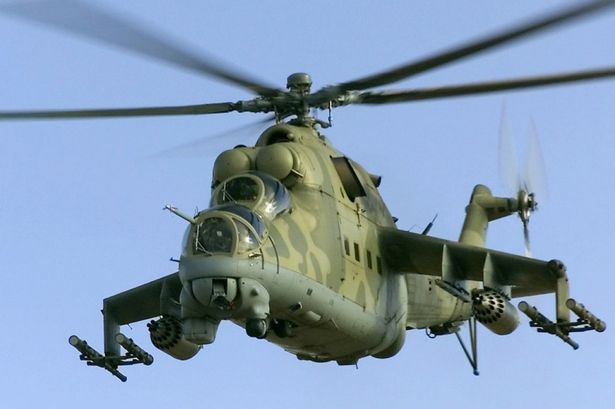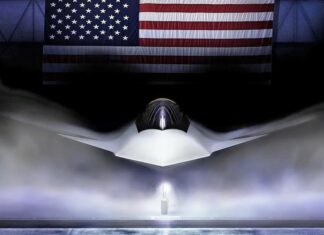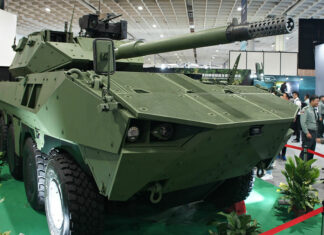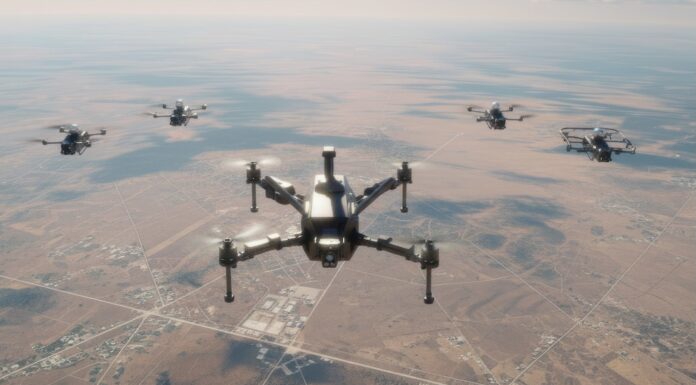

U.S. lawmakers passed a bill on Thursday breaking contracts between the Pentagon and Russian state-run arms exporter Rosoboronexport, which they claim is “arming the oppressive Syrian regime,” the House of Representatives said on its website, the Russian news agency Novosti reports. The bill, introduced by Democrat Congressman Jim Moran (VA), was passed by an overwhelming 407-5 vote and was attached to the 2013 U.S. military budget, according to the House of Representatives’ statement. The passage of the bill came several hours after Russia and China vetoed for the third time a UN Security Council resolution on Syria authorizing non-military sanctions against President Bashar al-Assad’s regime if it fails to withdraw heavy weapons and troops from urban areas within 10 days.
Rosoboronexport signed a $367.5 million deal with the United States in May 2011 for delivery of 21 Mi-17V5s to equip the Afghan Air Force. All those helicopters have now been delivered, according to the Center for Analysis of Strategies and Technologies (CAST), a Moscow-based think-tank. The break with the United States could affect an option contract signed on July 18 for a further ten machines worth $171 million. Deliveries of the second batch were due by 2016. Another potential contract that looks set to be lost is for ammunition supplies to Afghanistan. In April, five U.S. defense firms invited Russia for the first time to become a subcontractor on the delivery of Russian-made ammunition for coalition forces in Afghanistan, Rosoboronexport said.
In addition to the moral cause for the exclusion of the Russian company from the 2013 budget, Congressman Moran also argued the Afghans should have offered a choice of helicopters, not only the Russian type they have been familiar with in the past“There has never been a competition for supplying rotorcraft for the Afghan National Security Forces. Had there been one, I’m confident American firms would have done exceptionally well,” Moran said. However, some analysts doubt the Afghan government would want another helicopter type in its inventory.
“In terms of follow-on orders the Mi-17 makes a lot of sense because of fleet commonality, crew and ground crew familiarity with the type, and the helicopter’s robustness and ability to be operated in austere condititions,” said Douglas Barrie, air warfare analyst with the London-based International Institute for Strategic Studies. CAST’s Ruslan Pukhov agrees. “It would be possible to buy Sikorsky helicopters, but they would have to wait three years for them and they would be more expensive, and be more complicated from the point of view of training. This is a political move, pre-election demagogery,” Pukhov said.
This is not the first time Rosoboronexport is sanctioned by the US. The Russian company was subject to U.S. sanctions from 2006 to 2010 for allegedly providing nations including Iran and Syria with equipment that could be used to develop weapons of mass destruction. In mid-June 2012, U.S. Senator John Cornyn called on the Pentagon to take action against Rosoboronexport, but the Pentagon dismissed his claims, saying that dealing with Russia’s arms exporter was the “only legally available method” to supply the helicopters to Afghanistan.
Russia is the biggest supplier of arms to Syria, and maintains its only military base outside the former Soviet Union there. In recent days, a Russian cargo ship carrying a batch of refurbished Syrian Mi-25 attack helicopters and air defense systems returned to Syria after being overhauled has returned to the Russian port of Baltiysk in the Kaliningrad region, to offload its cargo after its voyage through the British. The ship turned back to Russia last June, after its insurance cover was suspended by its British insurer, Standard Club. It later turned back and entered the port of Murmansk, and was later re-flagged as a Russian registered vessel.




















